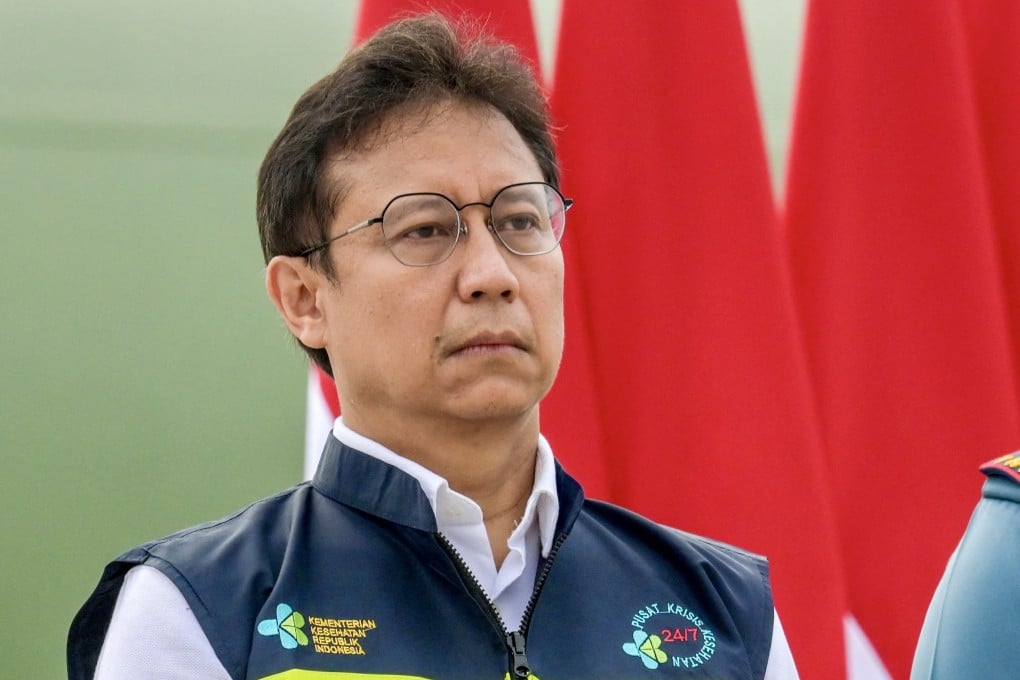In Indonesia, junior doctor’s death exposes bullying scourge in medical schools
Advocates warn of an entrenched cycle of abuse, intimidation and exploitation, demanding immediate action to end trainee doctors’ suffering

“I think there is a tendency to normalise and see bullying as being natural because of the high amounts of pressure and demands of specialised medical education … but this shouldn’t be normalised or tolerated,” Diah Satyani Saminarsih, founder and chief executive of advocacy group Centre for Indonesia’s Strategic Development Initiatives, told This Week in Asia.
Aulia Risma Lestari, a 30-year-old resident in the anaesthesia specialist programme at Diponegoro University in Semarang, was found dead in her living quarters on August 12. Reports suggest that she may have injected herself with a lethal dose of an anaesthetic. Police are investigating her death as a possible suicide, and are looking into whether bullying documented in her diary may have contributed to her depression.
WhatsApp conversations between Aulia and several senior residents at Kardinah Hospital in Tegal City, shared on social media, revealed troubling claims. They suggest she faced pressures from senior doctors to cover expenses beyond her tuition and living costs, including demands for food, entertainment, and even car rentals.
In the wake of Aulia’s death, the Health Ministry suspended the hospital’s anaesthesiology residency programme until a police investigation is concluded.
Responding to the incident, Health Minister Budi Gunadi Sadikin called bullying an “open secret” in the country’s medical institutions and labelled it a “huge phenomenon”.
